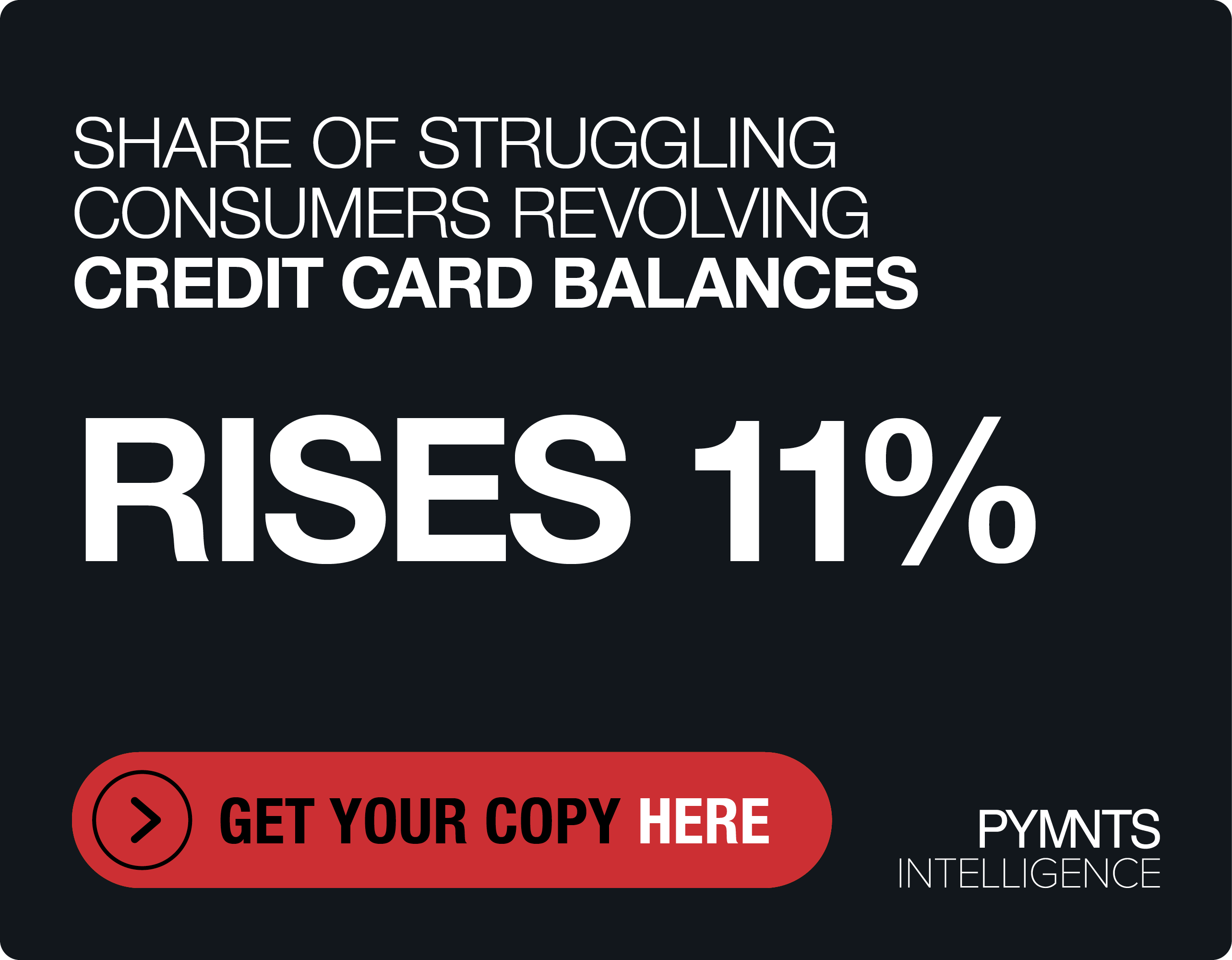China Puts Visa, Mastercard Applications On Hold

China’s central bank has yet to acknowledge applications submitted by Visa and Mastercard that would allow the companies to process renminbi payments. Citing sources familiar with the matter, Financial Times (FT) reported that while Visa and Mastercard submitted their applications to the People’s Bank of China (PBoC) more than a year ago, the bank has not formally acknowledged them, which is the first step in getting approval.
In 2015, China opened the credit card market to both local and foreign companies, yet overseas companies haven’t been able to set up operations without assistance from authorities in China. While rules implemented in 2017 seemingly made it easier for these companies to participate in the $124 trillion market, there have been complaints that the country is using informal barriers to block foreign competition. The refusal to formally accept these applications is seen as proof of that. In fact, according to the application process, the PBoC must decide on applications within 90 days of acknowledgment.
The delays could also cause more tension in trade negotiations between the United States and China, which are headed toward a March 2 deadline before new tariffs come into effect.
“It’s a funny spin on World Trade Organization compliance. Yes, China will have due process for the application once they’ve accepted it, but no one ever thought it would be possible not to accept the application,” said one of the sources.
In November, American Express (Amex) received approval to open up card-clearing services in China. However, it’s important to note that Amex formed a joint venture with Lianlian Group, a Chinese FinTech company, to get the payments network up and running. There have been reports that China has pressured Visa and Mastercard to also operate in the country through joint ventures, and PBoC has yet to reveal why it has not acknowledged the applications.
“One could suspect that it’s because of the trade war, but then again, American Express was approved. Somebody said, ‘Well, Amex is smaller, so there’s less impact to the market,’ but nobody really knows,” said a source. “There are a lot of variables. We are communicating with the central bank on and off, but there’s no clear reason.”
